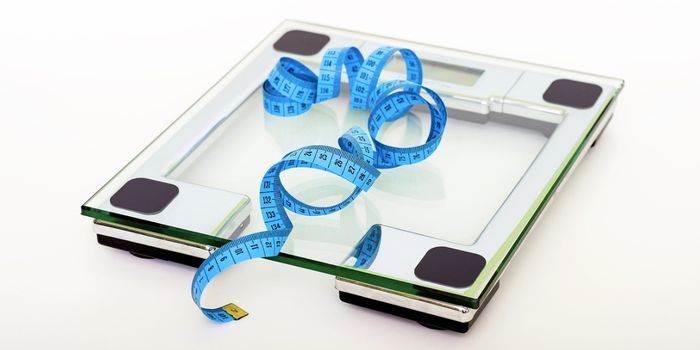Exercise May Regenerate Heart Cells
Exercise is well-documented as one of the best ways to improve heart health. Just 15 minutes per day can make a difference in your heart health and longevity. A new study in Nature Communications has shown why exercise may be so beneficial to our hearts.
In this study, researchers tested how exercise impacted the hearts of two groups of mice. The first group had access to a running wheel that they could use at will, while the second group did not have access to a wheel and was used as a sedentary control group. The mice with access to wheels ran about 5.5 km per day. The team monitored the two groups of mice for a period of 8 weeks and saw major differences in their hearts. The exercising mice had increased the mass of their hearts and showed signs of increased heart hypertrophy (growth and development of cells). In other words, the exercising mice were regenerating their heart cells. The effect was quite large, with the exercising mice producing about 4.5 times the number of new heart cells as the control group.
In a second study published in Physiology International, aging mice were divided into groups that were sedentary, subjected to high-intensity interval training, or subjected to endurance training. The two exercising groups showed an increased rate of regenerating heart cells, which effectively kept their hearts younger. Aging decreases the heart’s capacity to regenerate cells, so exercise may have significant benefits for maintaining and improving heart health as we age.
Heart cells in humans are relatively hard to regenerate and losing heart cells has been linked to heart failure. Regenerating new cells may also help patients recover from heart attacks — heart attacks damage heart cells, and regenerating cells is an important recovery method. Interestingly, exercise has also been linked to the growth of new brain cells and increased brain connectivity. The human body has an amazing capacity for regeneration, and exercise may improve and accelerate the body’s regenerative qualities.
Sources: Harvard Health, Nature Communications, Medical News Today, Science Daily, Physiology International, Scientific American








